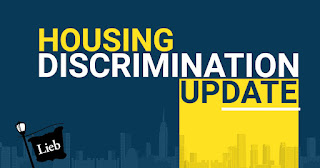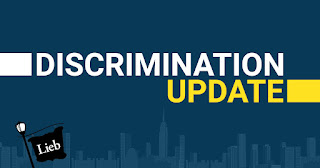An updated version of the Suffolk County Human Rights Law was just released. It has an amended section 528-10(A) as to credit discrimination - mortgage lending, which states as follows:
Unlawful discriminatory practices in relation to credit.
A.
It shall be an unlawful discriminatory practice for any creditor or any officer, agent or employee thereof:
(1)
In the case of applications for credit with respect to the purchase, acquisition, construction, rehabilitation, repair or maintenance of any housing accommodation, land or commercial space, to discriminate against such applicant because of the group identity of such applicant or applicants, or any member, stockholder, director, officer, or employee of such applicant or applicants, or of the prospective occupants or tenants of such housing accommodation, land or commercial space, or because of the lawful source of income of such individual or individuals, in the granting, withholding, extending, renewing, or in the fixing of the rates, terms or conditions of any such financial assistance or credit; or
[Amended 11-21-2023 by L.L. No. 35-2023]
(2)
To use any form of application for credit or make any record or inquiry in connection with applications for financial assistance or credit which expresses, directly or indirectly, limitations, specifications, preferences, or discrimination because of the group identity or lawful source if income of the applicant or the applicants; or
[Amended 11-21-2023 by L.L. No. 35-2023]
(3)
To discriminate in the granting, withholding, extending or renewing, or in the fixing of the rates, terms or conditions of any form of credit, on the basis of an applicant's or applicants' group identity or lawful source of income; or
[Amended 11-21-2023 by L.L. No. 35-2023]
(4)
To refuse to consider sources of an applicant's income or to subject an applicant's income to discounting, in whole or in part, because of an applicant's group identity.










